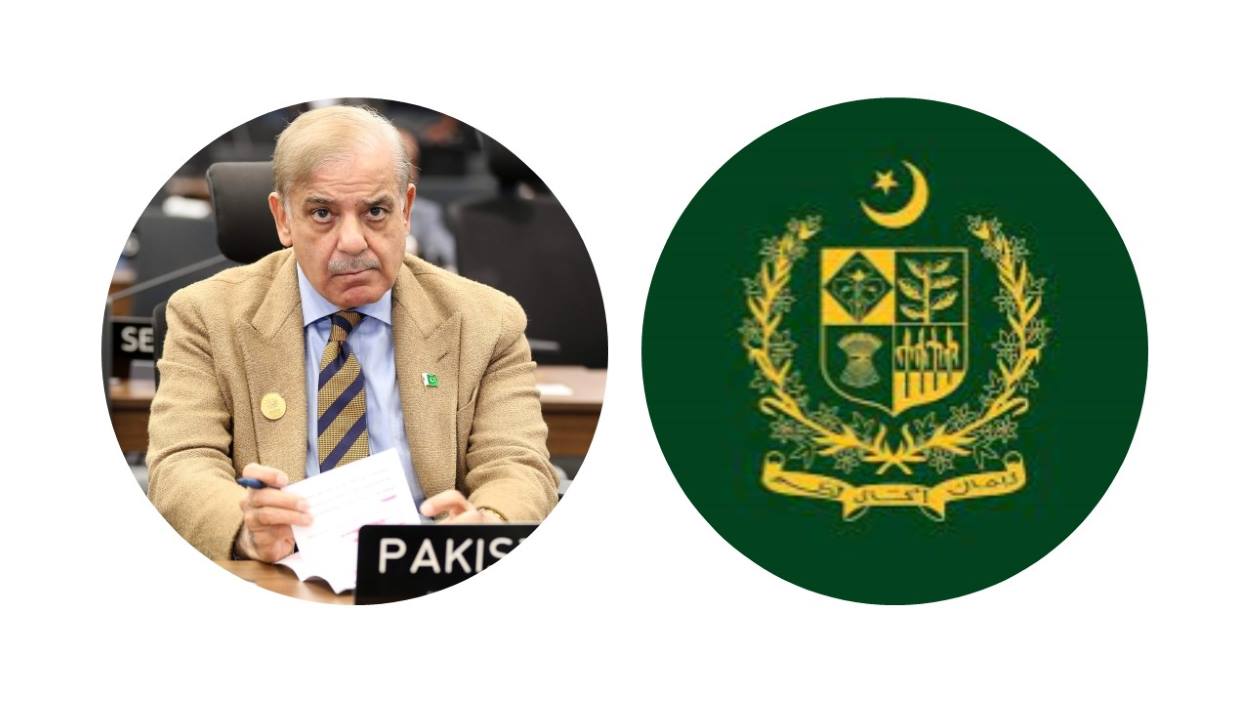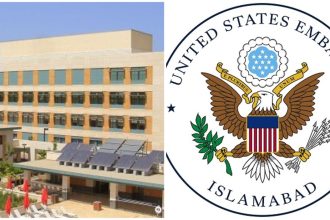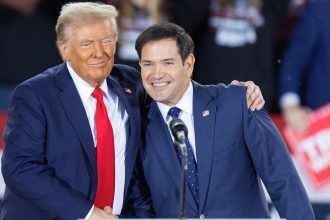The federal government of Pakistan has introduced a significant change in its fuel pricing policy by removing the upper limit on the petroleum development levy (PDL) through a presidential ordinance.
Previously, the petroleum development levy was capped at Rs 60 per litre, a limit that was later raised to Rs 70 per litre. On Tuesday, a presidential ordinance abolished the Fifth Schedule, which had imposed these restrictions. With the schedule repealed, the government faces no legal ceiling on the levy amount. Sources confirm that the former Rs 70 per litre cap no longer applies, allowing the government to set the levy at any rate it deems appropriate.
New Levy Rates on Petrol and Diesel
Following the ordinance, the government increased the levy on petrol and diesel. The levy on petrol rose by Rs 8.02 per litre, bringing the total to Rs 78.02 per litre. Similarly, the levy on diesel increased by Rs 7.01 per litre, reaching Rs 77.01 per litre. Despite these adjustments, the Ministry of Finance notified us that petroleum prices would remain unchanged for 15 days. This decision comes even as global oil prices have decreased, a benefit the government chose not to pass on to consumers.
Despite the decline in global oil prices, the federal government opted not to lower domestic petroleum rates. Instead, it has redirected the savings toward development initiatives. During a federal cabinet meeting, Prime Minister Shehbaz Sharif announced that the funds would be allocated to infrastructure projects in Balochistan. Specifically, the money will support the dualization of the N-25 Highway, which connects Chaman, Quetta, Kalat, Khuzdar, and Karachi. According to a statement from the Prime Minister’s Office, this strategic route is a priority for enhancing connectivity and economic growth in the region.
Read: Pakistan Explores US Crude Oil Imports to Address Trade Imbalance
Removing the petroleum levy cap and the subsequent rate increases could have wide-ranging effects. For consumers, the higher levy might eventually lead to increased fuel prices, raising the cost of transportation and goods. For the government, the additional revenue provides funding for critical infrastructure projects like the N-25 Highway. However, the decision not to pass on global oil price reductions to the public has sparked debate about balancing development goals with affordability for citizens.






